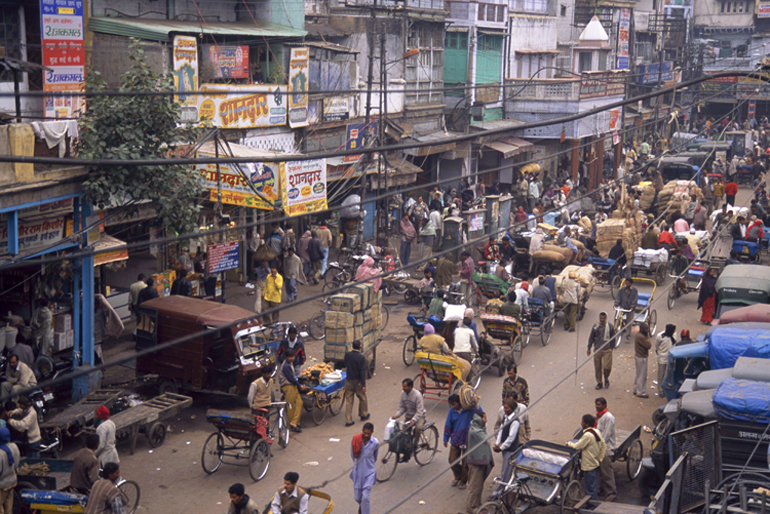
The
finality of extinction is awesome.
Peter Matthiessen
The value to humankind of ecosystems and the species that comprise them is immeasurable. However, in purely economic terms it has recently been estimated at 47 trillion dollars. To put this figure in perspective the total world GDP is just slightly more. Simply put we are talking here about the aggregate value of life on earth, surely beyond economics. But unfortunately, the dollar is what policymakers understand. Given the essential nature and enormous value of ecosystems, then we, as stewards of the earth, must ensure their health and survival. Only in this manner can we too survive.
Our understanding of ecology and the need for conservation is very new, little more than a single century of man's long history. Prior to this time nature was wealth to be exploited or an adversary to be conquered. Thus in the 1800s "hunters" on horseback in the American West would kill bison by the millions, for hides, for meat, and for fun, until they were nearly gone. And plume hunters decimated egrets of the southern coastal states to make fashionable hats for the well-to-do in New York and Chicago, until they too were nearly gone. The passenger pigeon didn't fare so well. They were shot by the billions, for sport and market, until they were totally gone. As in extinct. Not a single pigeon anywhere. The year was 1914.
Appalled at this wanton destruction, naturalists began calling for an end to the slaughter. Their call was joined by a fledgling new organization that would come to be known as The National Audubon Society. A new morality was stirring.
But the new conservationists ran into a problem. They had to convince a skeptical public that species were worth more alive than dead. This would be easier said than done. Even today it is difficult to put a dollar value on an animal or a plant, or on ecosystem services, unless you actually sell them. How much is the deer you saw in the vacant lot this morning really worth? Environmentalists have spent the last 100 years trying to answer these questions and make believers out of a disbelieving public.
The argument over species preservation today runs the gamut from no rights for animals to total rights, same as us. Most people agree that species with unequivocal value to mankind, like trees and fish, should be managed and protected. Support is mounting, however, for preserving species for their own sake, even ones that may never be seen by a person other than a scientist. This is an ethical debate, but supported by the notion that any species may harbor a cure for arthritis or a solution to world hunger. And there's always the attitude that we should save a species just because it was placed placed on earth by god.
Eighty percent of the world's people live in crowded cities and slums as pictured above. Standard of living, nutrition, and health care are well below the developed countries of North America and western Europe. The conservation ethic is a hard sell when people are crowded and hungry.